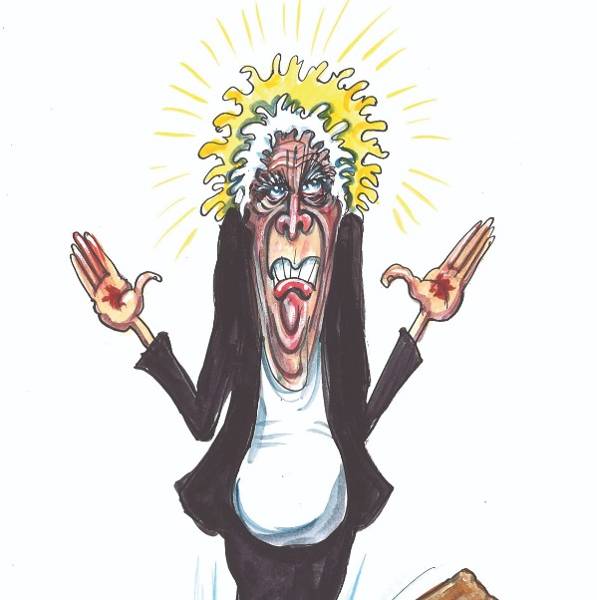Being health minister in Northern Ireland is not an easy job. The importance of religion to the politics of the region mean that its laws on abortion and blood donation different considerably from the rest of the UK. And it does not seem that change will be coming any time soon. Northern Ireland’s new health minister, Jim Wells of the Democratic Unionist Party, has said that he will not abandon his religious principles when making policy decisions. He told the BBC:
"I'm not one of these people that leaves my personal views at the door of the assembly, but obviously I'm here to do what's best for Northern Ireland.
"But I also believe, for instance that protecting the unborn child, supporting the concept of marriage, I think things like that are actually best for society, as well as my own personal views.
"So, I don't think there's any ultimate conflict between the two. I think you have to do what's best for everyone, but not abandon principles which I, and so many other people in this province, hold dear."
In Northern Ireland, gay men are not allowed to donate blood, although the rules were relaxed in England, Scotland, and Wales in 2011. The UK’s 1967 Abortion Act does not apply there either; abortion in Northern Ireland is only legal if a woman’s life is in danger, or if there is a risk of permanent and serious damage to her mental or physical health. (This rule means that many women travel to England for abortions).
A public consultation on abortion law is currently ongoing. But in the same interview, Well’s stressed that he would not accept the extension of the 1967 act to Northern Ireland:
"In England, that has led to abortion on demand and the death of seven million unborn children.
"The experts have told me there are 91,000 people in Northern Ireland who are alive today, who wouldn't be, if we had the '67 Act here, so I don't believe we're lagging behind the times.
"I believe we're more progressive in terms of protecting the life of the unborn child."
The BBC has the full story.

